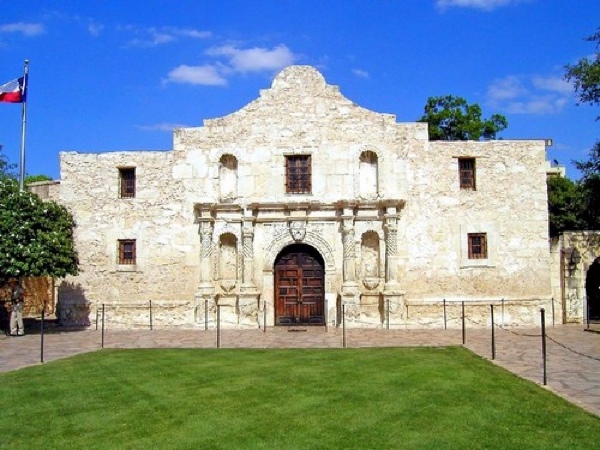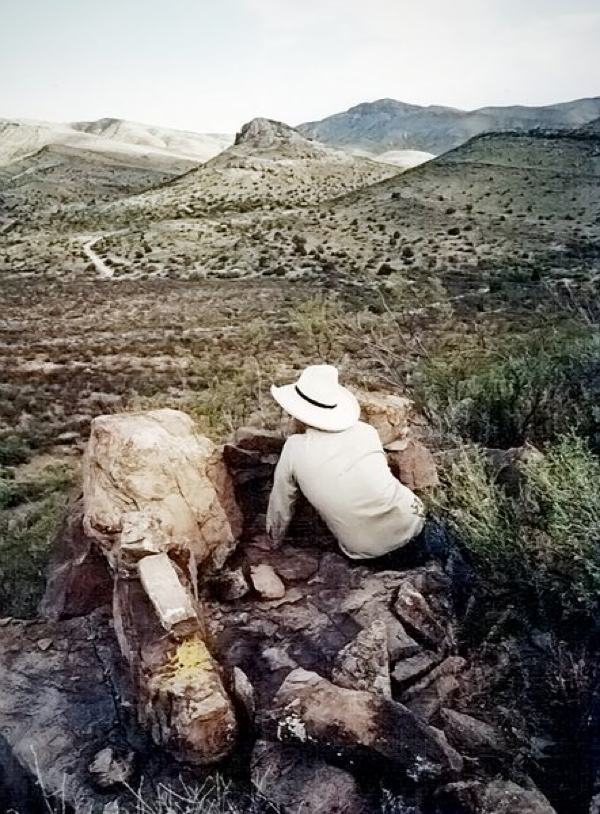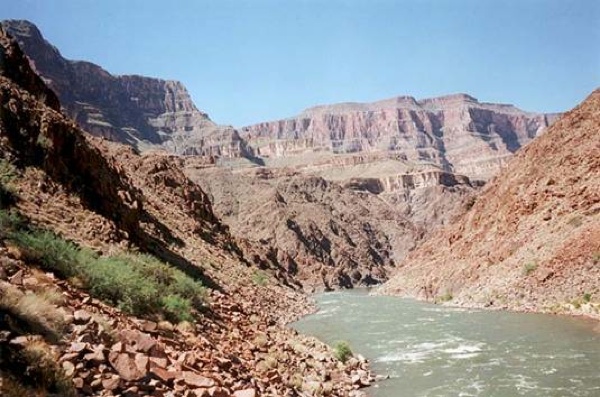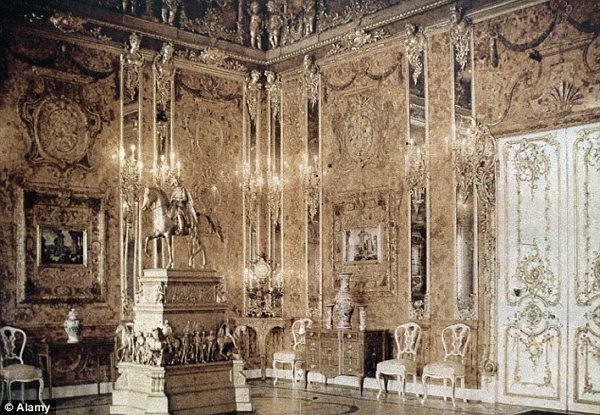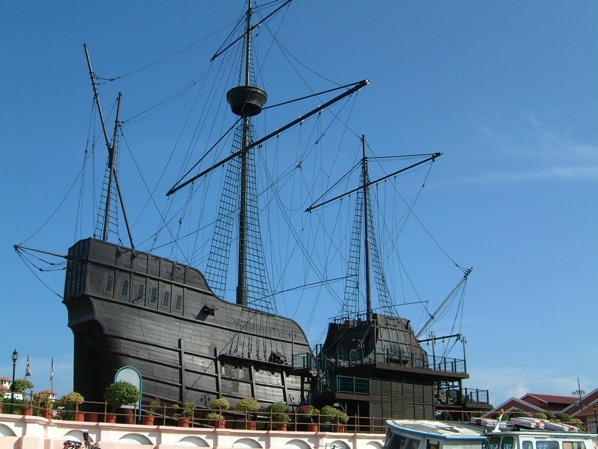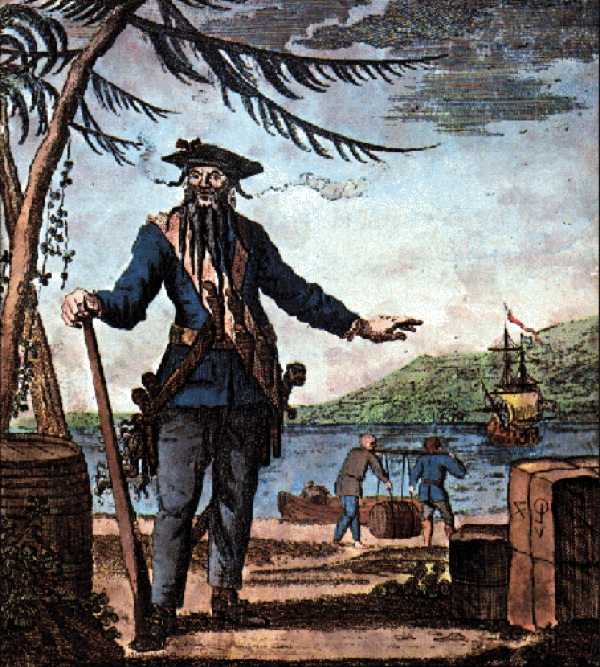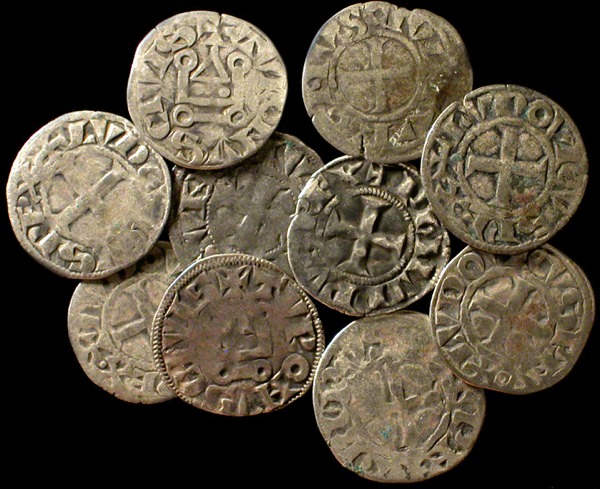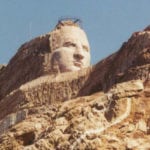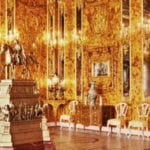The Alamo is remembered for many things, including the famous battle cry reminding Texans they should remember it. The old Franciscan mission is located in San Antonio, and was the sight of one of the most famous battles in American history, when 188 men, including Jim Bowie and Davey Crockett, tried to fight off the powerful Mexican army of Santa Ana. What most people probably do not know is the legend of a massive treasure of gold and silver said to be buried somewhere on the grounds of the Alamo. Many people, such as historical researcher and fortune hunter Frank Buschbacher, believe that in an effort to wage a revolution against Mexico and declare Texas independence, men like Bowie and Crockett had actually brought millions of dollars worth of treasure to the Alamo. The money was meant to raise an army and pay for their oncoming war. The treasure was called the San Saba treasure and it was lost when all 188 men lost their lives in that famous battle. Those who believe the treasure exists think the men buried it beneath the compound. Buschbacher has actually excavated areas around the Alamo, but not a trace of gold or silver has ever been found.
Dutch Schultz is one of the most famous mobsters in American history. He was a prohibition era gangster who ran in the same circles as guys like Lucky Luciano and Meyer Lansky. He was said to have amassed a massive fortune from his wicked deeds. His fortune vanished without a trace after he began to feel the heat of federal prosecution. It is believed that he decided to hide away his treasure somewhere in the Catskill Mountain range. When Schultz was gunned down in 1935, the location of his vast fortune died with him. There are different opinions about what happened to his treasure, or even how much there actually was. Most estimates put his fortune anywhere between five to ten million dollars, which he stashed away in an iron box somewhere in the heavily forested area of Phoenicia, New York. Some believe his treasure was hidden close to Esopus Creek, which could explain why it has never been found. Over the decades since Schultz hid away his fortune, the area has had numerous floods, which in all likelihood would have washed away the treasure. Still, it’s interesting to think that a leisurely hike through that area of the Catskills could make you a millionaire.
Victorio Peak is a part of the southern Rocky Mountains, located in New Mexico. Over the years, it has been used extensively by the United States government as it lies within the White Sands Missile Range where the government once tested nuclear weapons. Before it was taken over by the government, however, the area was open to the public. That is when—in 1937—Doc and Babe Noss entered the scene. As the story goes, they were with friends deer hunting when Doc discovered an old shaft in the side of Victorio Peak. He and Babe returned later and explored the shaft finding skeletons, gold, jewels, and historical artifacts awaiting them. In 1938 the Noss’s established legal ownership of the find, and stories began to float that Doc had found either Casa del Cueva de Oro or the treasure of Don Juan de Onate, the man who founded New Mexico as a Spanish colony. In 1939, in an attempt to expand the passageway, Doc was advised to use dynamite, which went about as poorly as it could have, collapsing the shaft altogether. Noss was never able to regain entry into the mine, and was killed in 1949 by a would-be partner after he and Babe had divorced. To this day the Noss family continues to try to regain entrance to the shaft, but no gold has ever been found. There are some rumors that the government expanded the missile range to include Victorio Peak and took the gold to Fort Knox, but there is no documentation supporting this claim.
Apparently if you want to find a lost treasure in the United States, your best bet is to check out the Rocky Mountains and the southwest, as this next treasure brings us to the town of Kanab, Utah, which is said to be the home of the Montezuma Treasure. Montezuma, the legendary leader of the Aztecs, was a man in possession of an incredible fortune. It was taken after he was killed during a battle with the Spanish led by Cortez. Millions of dollars worth of jewels and gold were removed from Montezuma’s treasure room by his own people in order to keep it away from Cortez. So why do people think the massive treasure of an Aztec leader wound up in Utah? It turns out in 1914, a prospector found an etching made on the side of a cliff that matched a marking on an old treasure map that was said to lead to Montezuma’s treasure. The prospector—a man named Freddy Crystal—tracked down a descendent of Montezuma to interpret the map, and it was determined the topography did in fact match Kanab. Crystal actually convinced the townspeople to help him secretly search for the gold with the promise of sharing any findings, and eventually they did manage to find a system of caves and tunnels running through the mountain. It was laced with booby traps, but no gold was ever found, leading to the common belief that if the treasure had ever been there to begin with, it had either been moved by the Aztecs or discovered by some absurdly fortunate spelunker.
Anyone who has seen the movie Goodfellas is familiar with the Lufthansa heist, which is believed to have been the biggest cash robbery in United States history. It happened on December 11, 1978 at JFK International Airport, where an estimated five million in cash and $875,000 in jewels were taken. To put that in perspective, adjusting for inflation that’s a robbery worth over twenty million dollars today. The heist was carried out by mobsters including Henry Hill, who would later be portrayed by Ray Liotta, and to this day no jewels or currency have ever been recovered. One of the reasons it has never been recovered, of course, is due to the very violent ends many of the men who participated in the heist met. These deaths were ordered by Jimmy Burke, who orchestrated the crime and realized the theft would generate a massive federal investigation. As part of his plan to clean up, he had almost every member of his crew murdered to keep them quiet. Some of the money from the heist was believed to have been spent and used in drug deals, but the vast majority was never found.
At first you might think something called the Amber Room is a high class gentleman’s club. It’s actually one of the most sought after lost treasures in history. The room, which is a small space created entirely out of amber panels with gold leaf and mirrors, was built in the 18th century for Friedrich I, the first king of Prussia. It was eventually gifted to Peter the Great, and remained in the possession of Russia until World War II. People who saw the Amber Room often referred to it as the Eighth Wonder of the World. And then, it vanished. As it turns out, the curators in charge of protecting the Amber Room during the war attempted to hide it under wallpaper due to its fragile state, but that did not stop the Nazis from looting this nearly priceless treasure. It was then brought to Konigsberg Castle in Germany, but in 1944 Allied forces destroyed the city and left the castle in ruin—the Amber Room was lost forever. To this day, no one is entirely sure what happened to the room, though utter destruction seems the likeliest explanation. Still, it has become the subject of popular mythology. It also carries with it a supposed curse, as several people who either possessed or hunted for the Amber Room have met with untimely and very curious deaths.
In 1502, a Portuguese ship called the Flor do Mar, or Flower of the Sea, was constructed. Commanded by Vasco de Gamma’s brother Estavao, the ship was part of a Portuguese voyage to India in 1505. The ship took part in several sea battles over the next six years until, in 1511, it was lost in a storm. Now, the idea of a warship with such a storied history alone would make for this being an intriguing lost treasure, but of course there is more to the story. Most notably the fact that the Flor do Mar was carrying a boatload of spoils from a recent victory. The fortune on board was said to be enormous, making the Flor do Mar the most sought after lost shipwreck in history. The ship is said to have carried the treasure of the Melaka kingdom, located in modern day Malaysia, which reportedly included more than sixty tons of gold.
Back in the early 1930s, a Mexican millionaire named Leon Trabuco arranged several secret and mysterious flights in the desert of New Mexico. At the time, the United States was in the midst of the Great Depression, and with the value of the dollar about to plunge, the price of gold was about to explode. So Trabuco and a few business partners were said to have secretly bought up as much gold as they could and smuggled it into the US, waiting for the gold prices to soar so that they could sell it and make an insanely large profit. All told, it’s believed they accumulated more than sixteen tons of gold and hid it in that New Mexico desert. Rather than taking advantage and selling their gold, Trabuco and his partners held onto their bounty with the hopes the prices would continue to go up. However, they gravely miscalculated the impact of the Gold Act, as it carried with it the stipulation that private ownership of gold would be illegal, leaving Trabuco stuck. Like so many other treasures, this one supposedly carried with it a curse. Three of Trabuco’s partners were dead within five years, and when Trabuco himself died, the knowledge of the location of the giant stash of gold died with him.
In 1996, archaeologists discovered a shipwreck off the coast of North Carolina, less than a mile and a half from the shore and sitting a mere twenty-five feet (7.6 meters) below sea level. It is not particularly uncommon to find a shipwreck, but this is possibly one of the biggest nautical finds in the history of treasure hunting. That’s because many people believe the ship was the Queen Anne’s Revenge, also known as the flagship of the infamous pirate Blackbeard. In 1718, the Queen Anne’s Revenge blockaded the port of Charleston and soon after it ran aground on a sandbar. So what’s the big deal? Well, for starters, Blackbeard was a wildly successful and rich pirate, and the location of his largest and most prized ship, some believe, means his vast fortune must have been located nearby on the North Carolina coast. Since the wreck was found—and it should be noted, it has not yet been confirmed to have been the Queen Anne’s Revenge—not an ounce of gold has been found near or on the ship. Before he died, Blackbeard was questioned about the location of his gold, leading him to say, “Only I and the devil know.”
In recent years, the Knights Templar and its treasure has been made famous in both Hollywood and in numerous books. It is one of the most famous and mysterious treasures in history. The Knights Templar formed in A.D. 1114, and over the following years accumulated a massive fortune, which has never been found. In the early 14th century, the Templars were ordered to be arrested, and those who escaped this capture and torture reportedly gathered the remaining treasure and loaded it onto ships to unknown destinations. A common belief is that the remaining Templars took their treasure to Scotland, and from there, it eventually found its way to Nova Scotia. Rumors persist of a vast money pit on Oak Island in that province of Canada, where it is believed by some that the Templars hid their money amidst booby traps. The search has continued on Oak Island over the years, and in fact originally the treasure in the Money Pit was apparently believed to have belonged to the infamous Captain Kidd. But as more of Kidd’s treasure has been found, it is now believed that the Pit contains the Templar riches. Read More: Twitter
